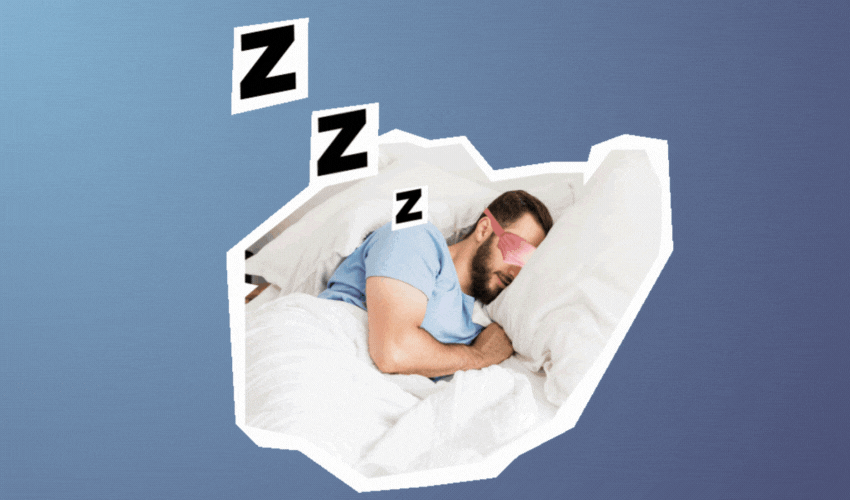Maintaining good health involves not only regular exercise but also adequate sleep, according to a recent study.
Researchers found that individuals engaging in frequent and intense physical activity who slept less than six hours a night experienced faster cognitive decline compared to those who exercised less and had better sleep.
The study, conducted over a 10-year period, followed nearly 9,000 adults aged 50 and older as part of the English Longitudinal Study of Ageing.
Participants underwent regular follow-up interviews and cognitive testing. The findings emphasised the interconnectedness of sleep and physical activity for cognitive health, with those who engaged in higher levels of physical activity and slept between six and eight hours per night exhibiting better cognitive function over time.
Surprisingly, the study revealed that regular physical activity alone may not be sufficient to counter the long-term effects of inadequate sleep on cognitive health.
Even among physically active individuals in their 50s and 60s, consistently sleeping less than six hours a night led to a decline in cognitive performance over the 10-year period.
Despite initial advantages such as younger age, lower body weight, and better overall health, highly active individuals who skimped on sleep lost the cognitive benefits associated with exercise as they aged.
However, the cognitive benefits of exercise were maintained in individuals aged 70 and older, even with insufficient sleep.
The study's authors highlighted the importance of considering both physical activity and sleep together in understanding cognitive health trajectories. They concluded that these factors may interact in complex ways, influencing cognitive outcomes from age 50 onward.
Beyond cognitive implications, insufficient sleep has broader health risks, including an increased risk of stroke and heightened susceptibility to heart disease and death when combined with conditions like diabetes or high blood pressure.
For those experiencing sleep issues, relying on sleeping pills is discouraged, as they only provide temporary relief and may pose addiction risks. Instead, experts recommend focusing on sleep hygiene, such as maintaining a cool sleeping environment, avoiding screen time before bedtime, and establishing a consistent sleep schedule.
The golden rule, according to experts, is to avoid staying in bed without sleeping; if sleep doesn't come within 15 to 20 minutes, engaging in a quiet activity in another room until feeling sleepy is advised. By prioritising both physical activity and quality sleep, individuals can promote overall well-being and cognitive health throughout their lives.



























